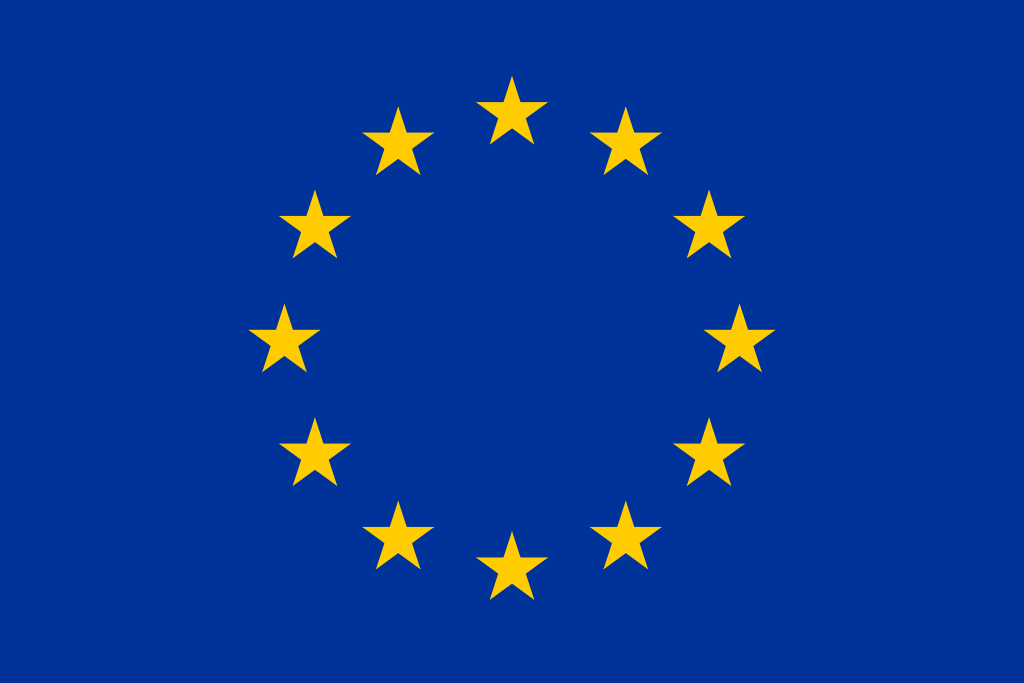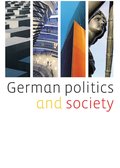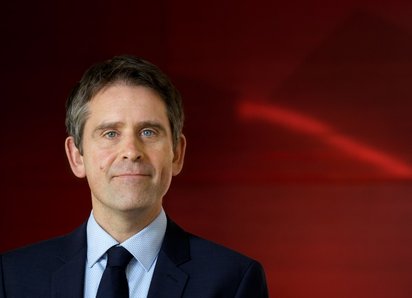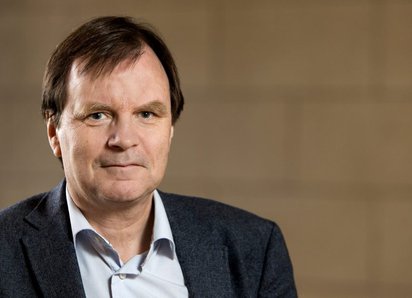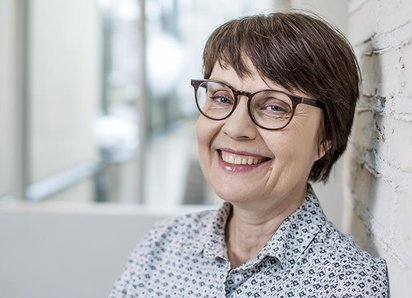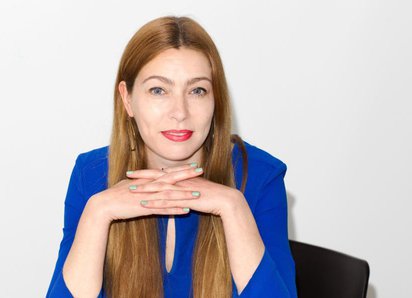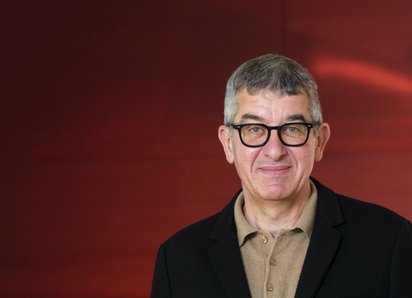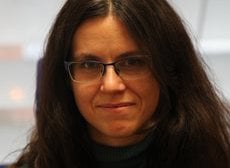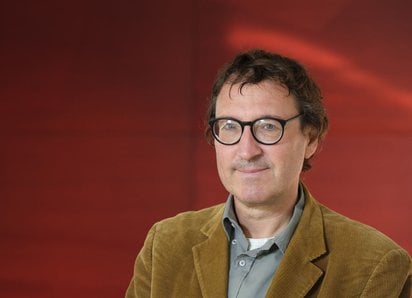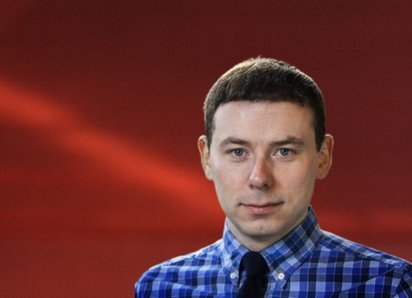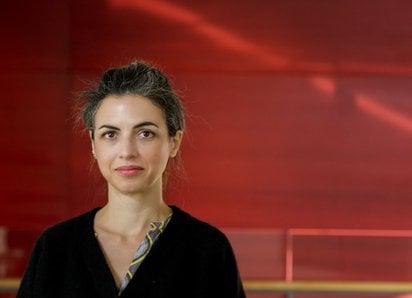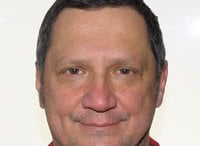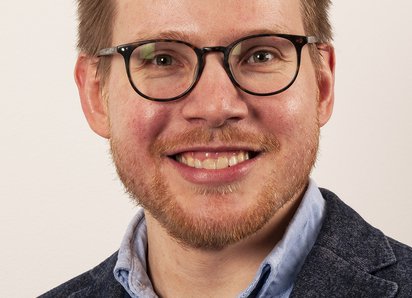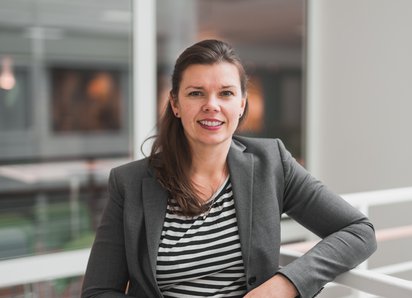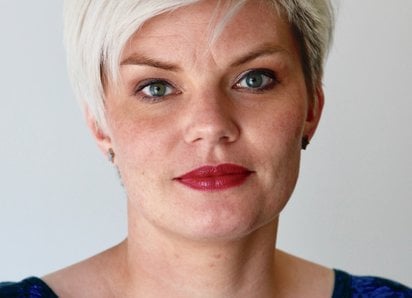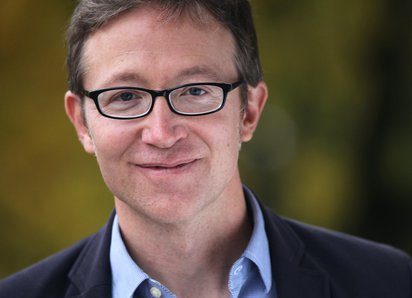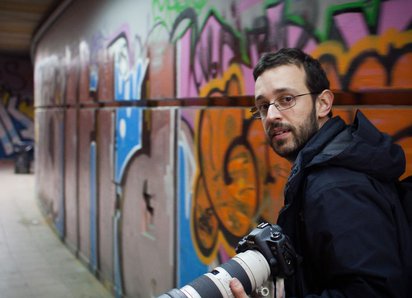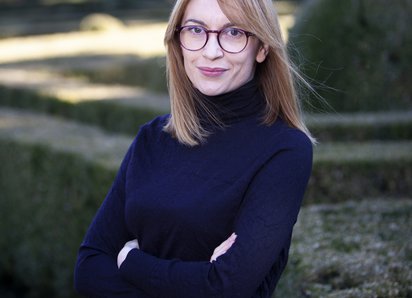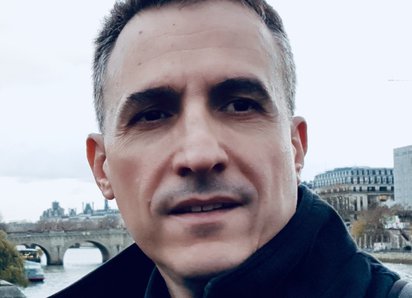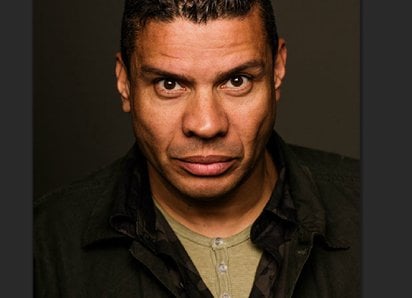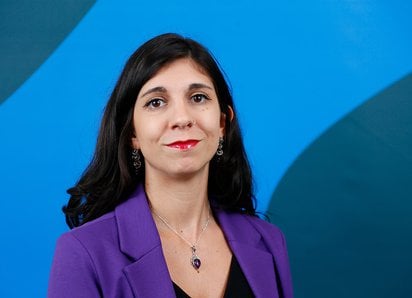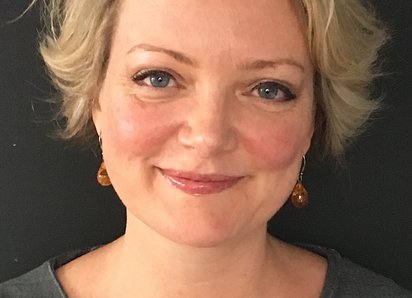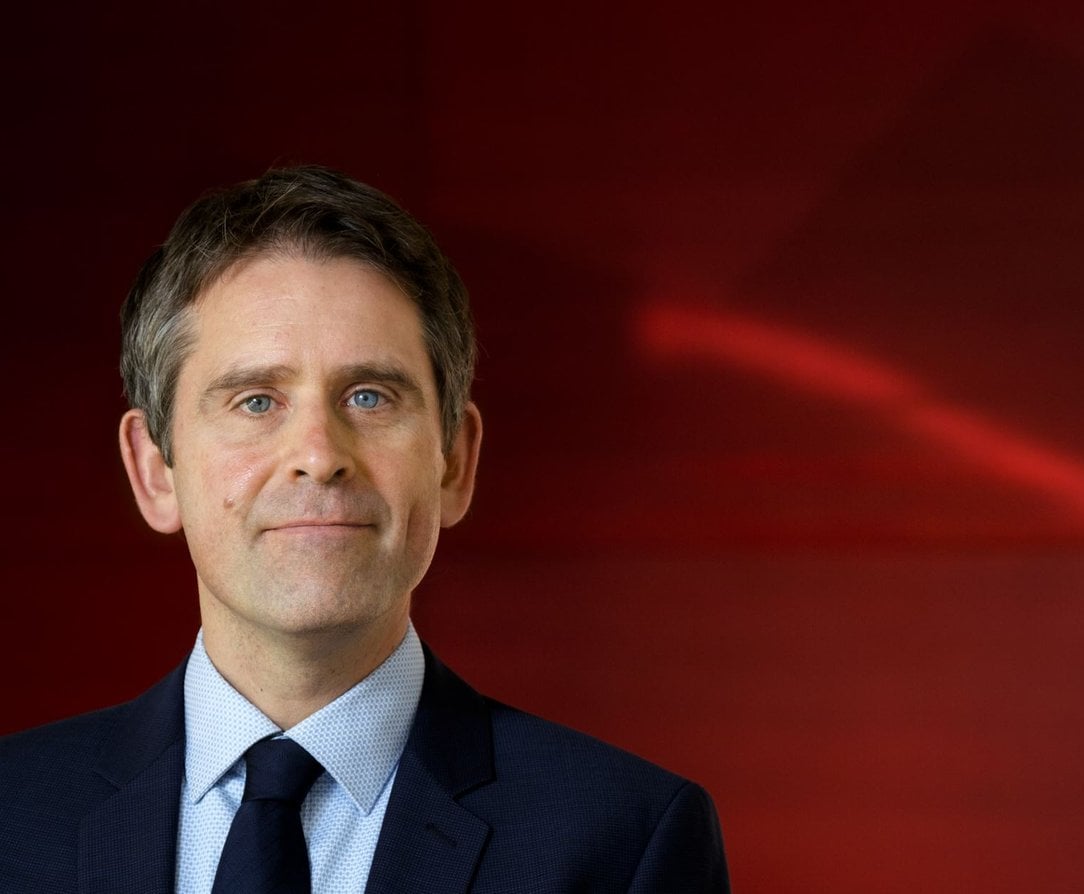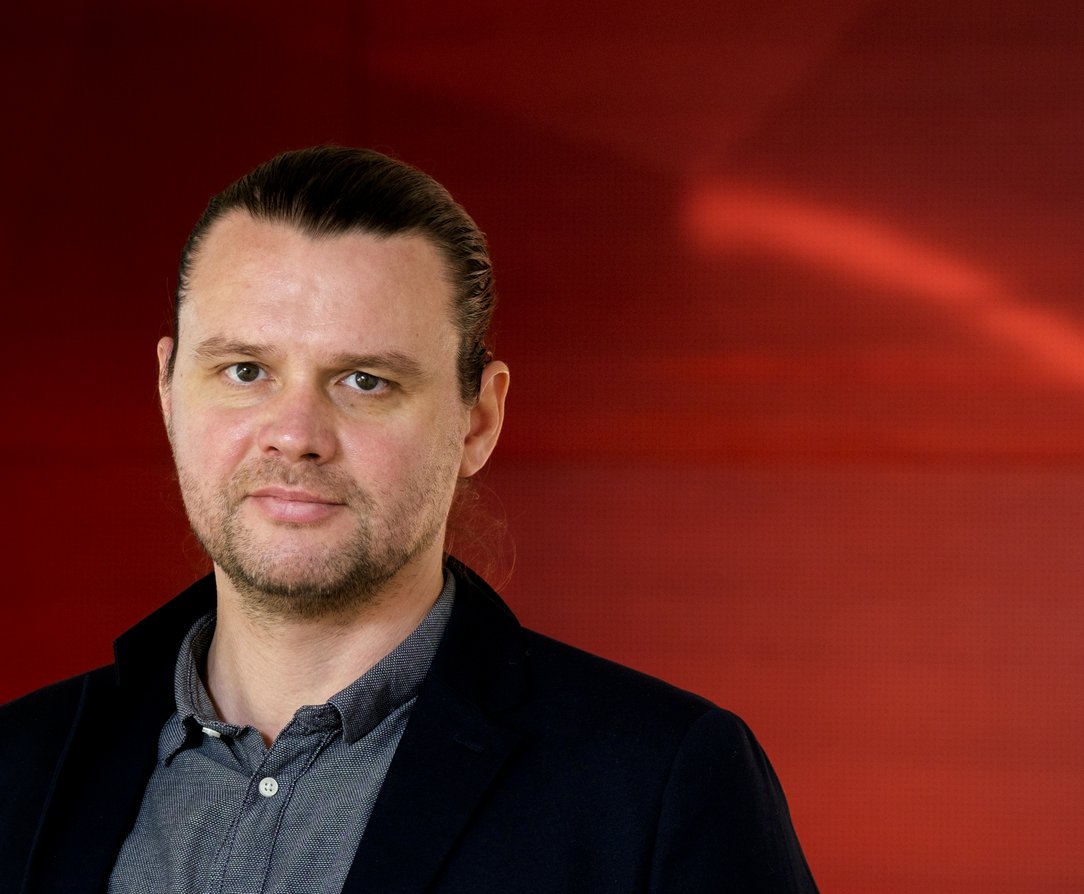
Post-Truth Politics
Höfði Reykjavík Peace CentrePost-Truth Politics, Nationalism and the (De-)Legitimation of European Integration (PTP) is a Jean Monnet research network supported by the Erasmus+ programme of the European Education and Culture Executive Agency (EACEA). The aim of the network to address the possible impact of ‘fake news’, disinformation and ‘post-truth politics’ on the legitimation and delegitimation of European integration.
Policy Briefs
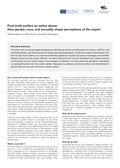
Post-truth politics as online abuse: How gender, race, and sexuality shape perceptions of the expert
Authors: Charlotte Galpin and Patrick Vernon, University of Birmingham
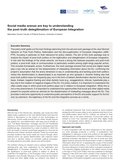
Social media arenas are key to understanding the post-truth delegitimation of European Integration
Author: Maximilian Conrad, Faculty of Political Science, University of Iceland
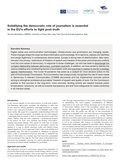
Solidifying the democratic role of journalism is essential in the EU’s efforts to fight post-truth
Authors: Asimina Michailidou (ARENA, University of Oslo); Hans-Jörg Trenz (Scuola Normale Superiore, Italy)
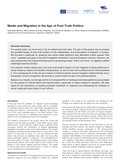
Media and Migration in the Age of Post Truth Politics
Authors: Gwenaëlle Bauvois, Niko Pyrhönen and Suvi Keskinen, The Centre for Research on Ethnic Relations and Nationalism (CEREN), Swedish School of Social Science, University of Helsinki, Finland
Fake news, disinformation and manipulation of the media are widely perceived to constitute a fundamental challenge to modern liberal-representative democracies. In an era of post-truth politics, digital media has increasingly replaced traditional legacy media as the most important source and venue of political information and communication.
This is a fundamental shift since information online is often unverified by gatekeepers at news outlets. Information spreads without professional input from journalists. This proliferation of digital media therefore raises concerns about the quality of democratic discourse, since it can be used for manipulative purposes to spread false and unfiltered information, and potentially affect the electoral decisions of citizens in liberal democracies.
This is a particular challenge in terms of the possible impact of disinformation on public support for the European project as such. Especially since the lingering democratic deficit debate in the EU has identified lack of knowledge about the functioning of the European institutions as one of the key problems regarding the democratic legitimation of the EU. In other words, if there is a lack of knowledge to begin with, then the possible impact of disinformation is heightened.
In addition, the project will address the related topic of why disinformation appears to have such an appeal to nationalist and/or populist actors on the far right and examine whether similar strategies are visible on the left of the political spectrum. These actors often identify the European Union as the root cause of many of the ‘evils’ that nationalist movements claim to tackle. In this regard, European integration is seen as a fundamental attack on the imagined community of the sovereign nation state.
The central objective of the project is to analyze, through a series of case studies, both the extent and possible impact of the proliferation of disinformation and fake news via digital and other media, but also through more conventional mobilization and communication mechanisms, on processes of legitimation and delegitimation of European integration in the public sphere.
Academic publications
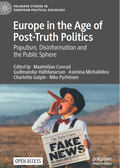
Europe in the Age of Post-Truth Politics
Maximilian Conrad, Guðmundur Hálfdanarson, Asimina Michailidou, Charlotte Galpin, Niko Pyrhönen (Editors)
Part of the book series: Palgrave Studies in European Political Sociology (PSEPS)
Project: Post-Truth Politics
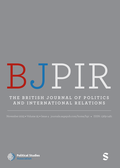
Post-truth politics as discursive violence: Online abuse, the public sphere and the figure of ‘the expert’
Charlotte Galpin and Patrick Vernon, University of Birmingham
British Journal of Politics and International Relations, 2023
Project: Post-Truth
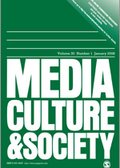
Rethinking journalism standards in the era of post-truth politics: from truth keepers to truth mediators
Asimina Michailidou, ARENA Centre for European Studies, University of Oslo & Hans-Jörg Trenz, Scuola Normale Superiore
Media, Culture and Society, 2021
Project: Post-Truth
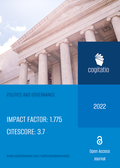
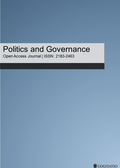
Articles and Opinion Pieces

Coronakrisen illustrerar den postfaktiska politiken
Maximilian Conrad on the importance of studying post-truth politics in the context of the ongoing Corona crisis (in Swedish).
Open seminars and webinars
Saturday 28 September, 2021
Panel explores post-truth and online abuse with an intersectional and postcolonial lens, with speakers Seyi Akiwowo and Dr Pavan Malreddy.
Post-Truth Politics: Silencing, Violence and Resistance in Public Debate
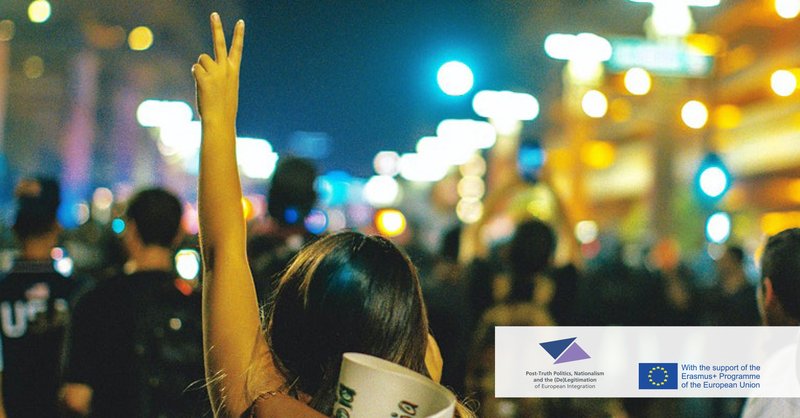
Since the EU referendum and Donald Trump’s election to the US presidency in 2016, scholars and commentators have spoken of the emergence of a ‘post-truth era’, defined as a break-down in ‘rational’ opinion in favour of emotion. The election of populist authoritarian ‘strongmen’ such as Trump, Brazilian President Jair Bolsonaro and India’s Prime Minister Narendra Modi has seen continued attacks on immigrants, ‘experts’, and mainstream politicians. The present moment is also one in which women, girls, people of colour and queer individuals are receiving an unprecedented amount of abuse, with a significant amount of this abuse occurring online and being of a violent, sexualised and racist nature. The concept of ‘post-truth’ has been criticised for overlooking the long history of marginalisation of people of colour and other minority groups from knowledge construction. Furthermore, it risks reproducing a public/private and rational/emotion binary embedded within the Enlightenment separation of ‘mind’ and ‘body’ that underpinned the European colonial project and served to marginalise women, non-binary people and people of colour from citizenship. This panel explores the connections between post-truth politics, online violence and the ongoing relevance of coloniality to contemporary political life. Bringing together postcolonial perspectives from the Global South and intersectional feminist approaches to online abuse, it investigates what are often conceived as discrete, private and anonymous acts of online abuse within a global context in which the concepts of truth, expertise, and trust are being progressively denigrated.
Click here for further information.
Thursday 29 April, 2021
Post-truth politics, mediatization and politicization of immigration
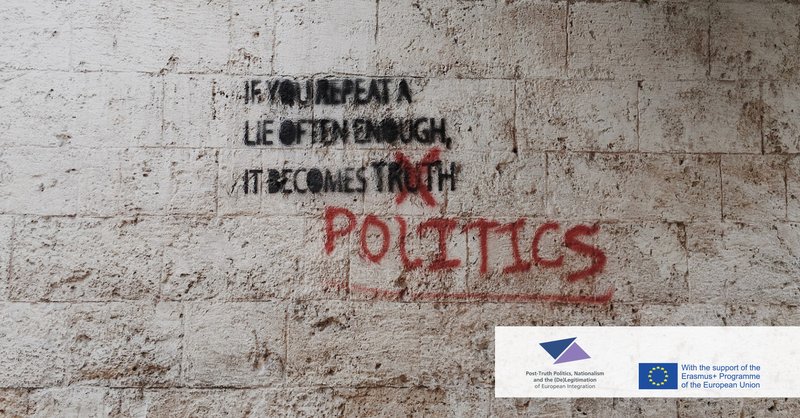
How do misinformation, denial and distortion of facts, and other aspects of post-truth politics take shape in different European countries? Researchers from Denmark, Finland and Switzerland discuss their recent and ongoing research with a focus on how the politicized rhetoric of immigration, racism and misogyny is constructed and challenged in media environments.
Click here for further information.
Thursday 18 March, 2021
Open seminar: The Covid pandemic against the backdrop of post-truth politics
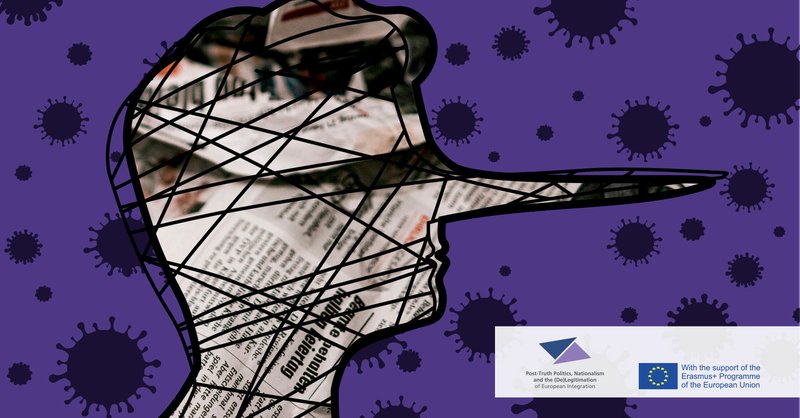
Controversies surrounding the question of how best to tackle the ongoing Covid pandemic are a striking illustration of the challenges of post-truth politics for liberal democracies. Social and other digital media provide an infrastructure through which deliberate disinformation and conspiracy theories can spread more easily than ever before. At the same time, populist politicians have fuelled a disdain for scientific expertise and even for basic facts. In various liberal democracies, this has created political cultures in which the symbolic authority of the truth has been fundamentally undermined, accompanied by an erosion of trust in established media institutions. Yet at the same time, the pandemic has also served as a reminder of the necessity of scientific research and trust in the institutions that communicate the findings of such research.
Click here for further information.
Post-Truth Politics: Meet the Team podcast
Post-Truth Politics: Meet the Team with Professor Conrad
Fake news is discussed almost daily. In this episode, Professor Maximilian Conrad, explains why changing ideas about what truth is and the role it should play in politics has created a “post-truth politics”. He also discusses why the EU is an easy target of misinformation.
Producer and host: Auður …
Post-Truth Politics: Meet the Team with ARENA
In today’s episode we meet the Post-truth Politics team at ARENA (University of Oslo), Asimina Michailidou and John Erik Fossum. They discuss what post-truth politics actually are, whether it is a new phenomenon and why a public sphere filled with fake news may be harmful to democracy.
Producer and host: …
Post-Truth Politics Podcast series
Episode 1: The social media, misinformation, and politics researcher
The recent US election showed the power of disinformation in politics. In this episode, Bente Kalsnes from Kristiania University College (Oslo) explains how the fake news you see in your Facebook feed impacts politics in the Nordic countries and beyond. She also discusses how to solve the problem.
Production team: …
Episode 2: The professional fact-checker
Everyone on Facebook has seen misinformation. In this episode, Faktisk.no editor Silje S. Skiphamn explains how citizens are facing not only a pandemic, but an “infodemic”. She explains how Facebook users can spot fake news, and what academics can do to help combat it.
Production team: Asimina Michailidou at ARENA …
Episode 3: The digital journalism and American politics expert
Fact-checking as a new journalistic genre is becoming increasingly visible. In this episode, University of Wisconsin professor Lucas Graves explains what fact-checking is, the role it plays in American media and what could be done to restore people’s trust in the media.
Production team: Asimina Michailidou at ARENA and LINK …
Episode 4: The investigative reporter and filmmaker
In this episode Investigative Journalist, Author and award-winning Filmmaker from Greece, Aris Chatzistefanou, talks about his latest documentary, Make the Economy Scream, reflecting on government-sanctioned misinformation, and the role of investigative journalism in restoring citizens’ trust in democracy
Production team: Asimina Michailidou at ARENA, and LINK, UiO …
Episode 5: The journalist and researcher
How has social media changed the public sphere? In this episode, media researcher and former journalist Iva Nenadić discusses how platforms like Facebook and Twitter have changed news, what role journalists should play today, and why we need to know how the details of how social media operate.
Producers: Asimina …
Episode 6: The misinformation researchers
Nikos Sarris is a highly experienced misinformation researcher. In this episode he discusses who the typical source of misinformation is, how journalists and academics can work together to combat fake news and why technology is still no substitute for critical thinking for most news consumers.
Producers: Asimina Michailidou at ARENA …
Episode 7: The lawyer and misinformation expert
Luíza Brandão is a lawyer, misinformation expert and advisor to Brazilian politicians. In this episode she discusses the problem with legal definitions of misinformation, the state of the public sphere and how the fight against misinformation must be balanced against the protection of civil rights.
Producers: Asimina Michailidou at ARENA …
Episode 8: The professor and philosopher
In this episode Professor of Formal Philosophy and Director for the Center for Information and Bubble Studies at the University of Copenhagen, Vincent Hendricks, discusses the role of emotions in the spread of fake news and disinformation online, why flows of malignant information are dangerous in a democratic context …
Episode 9: The journalist and fact-checking expert
In this episode, we sit down with StopFake co-founder and journalist, Olga Yurkova, to discuss Russian information actions in Ukraine, different propaganda narratives and the debunking strategies employed by StopFake. StopFake has since 2014 rigorously debunked more thousands of fake news items stemming primarily from the Russian media and …
Episode 10: The feminist scholar
Muireann O’Dwyer is a Lecturer in International Relations at the Centre for Global Law and Governance at the University of St Andrews and specialises in feminist political economy with a particular focus on the European Union. In this episode, she discusses the role of gender, class and race in shaping …
Episode 11: The religion and media expert
Giulia Evolvi is a Lecturer in Media and Communication at the Erasmus University, Rotterdam. In this episode, she discusses the connections between hate speech and online disinformation, in particular, the links between Islamophobia and the dissemination of disinformation in relation to nationalism and European integration.
Host: Charlotte Galpin, Lecturer …
Episode 12: The lie detector
In this episode, Juliane von Reppert-Bismarck, Founder & CEO of Lie Detectors, enlightens us on how to turn schoolchildren in Europe into powerful lie detectors and critical thinkers in a world increasingly populated by propaganda and distorted facts online.
Host: Hans-Jörg Trenz, Professor for Modern European Studies …
Episode 13: The sociologist and the North-American expert
Edwin Hodge is an Assistant Professor at the Department of Sociology and a research fellow with the Borders in Globalization project (B.I.G.) at the Centre for Global Studies at the University of Victoria (Canada, BC). His research interests include right-wing and traditionalist social movements, extremism, and white supremacist activism in …
